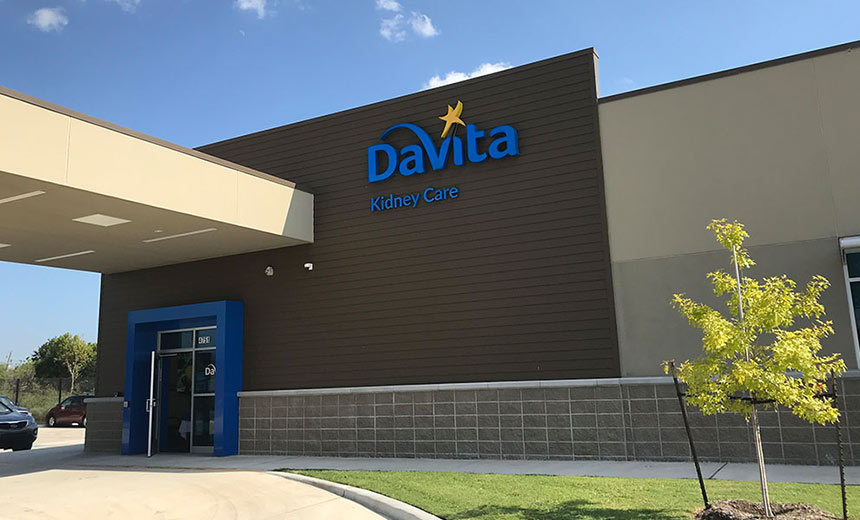Denver-based DaVita Inc. recently disclosed to the U.S. Securities and Exchange Commission (SEC) that the company fell victim to a ransomware attack over the weekend, leading to disruptions in some of its operations. DaVita, a provider of dialysis and kidney care services with facilities in the U.S. and 13 other countries, reported that certain elements of its network were encrypted as a result of the attack.
Upon detecting the ransomware incident on Saturday, DaVita promptly activated its response protocols and implemented containment measures, such as isolating affected systems. The company is currently engaged in assessing and remediating the situation with the support of third-party cybersecurity professionals, while also collaborating with law enforcement in response to the attack.
Despite the implementation of contingency plans to enable the continuation of patient care, DaVita acknowledged that the incident has impacted some of its operations. While temporary measures have been put in place to restore certain functions, the exact duration and extent of the disruption remain uncertain at this time. Given that the incident is still under investigation, the company stated that the complete scope, nature, and potential lasting impact on its operations are yet to be fully understood.
DaVita, which has been in operation for 25 years and generated nearly $12.82 billion in revenue in 2024, serves a large patient population across its outpatient dialysis centers in various countries, including the U.S. and others like Brazil, Chile, and the United Kingdom. The company’s provision of at-home dialysis services adds to its extensive reach within the healthcare sector.
The ransomware attack on DaVita has raised concerns about the security of patient data and the potential repercussions on critical healthcare services. Scott Weinberg, CEO of managed service firm Neovera, highlighted the risk posed by the encryption of patient records, emphasizing the importance of safeguarding sensitive medical information from unauthorized access. While DaVita has not confirmed any data theft, the disruption in operations could potentially compromise patient care, particularly for individuals reliant on dialysis treatments.
Furthermore, the incident has drawn attention to the regulatory implications for DaVita, especially considering the global nature of its operations. Erich Kron, a security awareness advocate at KnowBe4, pointed out the legal complexities that can arise from cybersecurity breaches affecting individuals across multiple countries. Organizations like DaVita are advised to proactively prepare for such scenarios by adhering to regulatory standards and implementing robust security protocols.
The ransomware attack on DaVita aligns with a trend of cybersecurity incidents targeting healthcare entities, with the sector being a prime target due to the critical nature of its services. Jeff Wichman, director of incident response at Semperis, underscored the urgency of maintaining patient care amid operational disruptions, highlighting the resilience of healthcare staff in mitigating the impact of such attacks.
In conclusion, the ransomware incident at DaVita underscores the ongoing threats faced by healthcare organizations in safeguarding sensitive patient data and ensuring the continuity of essential services. As the company works towards resolving the attack and restoring its operations, the incident serves as a reminder of the importance of proactive cybersecurity measures in the face of evolving digital threats.


